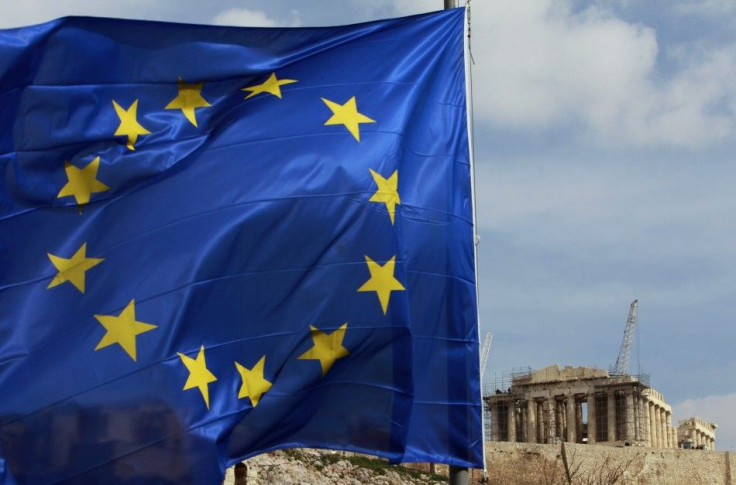'Don't Hold Your Breath': G-20 Summit Will Go With A Whimper, Not A Bang
ANALYSIS

With Greece on the cusp of voting over its continued membership in the euro zone, it would appear the stakes at next week's Group of 20 meeting couldn't be higher.
Markets are fretting over the outcome of Sunday's vote -- with the anti-bailout Syriza party polling neck and neck with rival New Democracy -- and European Union policymakers seem paralyzed in the face of a breakup of the common currency.
But while the buildup to the Mexico summit couldn't be more dramatic, the outcome is likely to disappoint.
On Wednesday, an unnamed U.S. official became the latest figure to pour cold water on the prospect of any serious policy action as the heads of the world's largest economies meet in Los Cabos.
According to Reuters, The official ... said he did not expect a quick resolution to Greece's membership in the euro zone after its election on Sunday.
Although U.S. President Barack Obama has previously pressed European leaders, particularly German Chancellor Angela Merkel, for a swift and decisive solution, it looks like this weekend will only offer a preview of what is to come.
It reminds me more of primary school, when kids were excited about the prospects of a fight behind the school after classes, said analyst Douglas Borthwick of Faros Trading. As with fights back in primary school, anticipation was often more exciting than the actual event. I believe thankfully this will be the case this weekend.
Central banks across the world said on Thursday they were prepared to deal with the fallout from Greece, readying a range of options, including interest rate cuts, cash injections and monetary measures to combat capital flight to save havens such as the Japanese yen and Swiss franc.
European Central Bank President Mario Draghi said he was ready to prop up any viable euro zone bank after Sunday's result, while the Bank of England announced a £100 billion ($155 billion) offer of loans to banks starting next week with a charge of just 0.75 percent.
There is considerable concern and excitement regarding this weekend, but other than us knowing that central banks are on alert and will provide liquidity should markets take news poorly; there is little to make us believe that regardless of the Greek election outcome, there will be policy action, Borthwick added.
The long and the short of it is: Don't expect much in the way of big decisions or grand plans come Tuesday. Besides, the cloud of speculation after Sunday will make it impossible to unpick fact from fiction.
As markets, central banks and global leaders prepare themselves for the short-term effects of a Greek exit, the real action will come on June 28 and 29 when leaders meet at a European Union summit intended to formalize a plan for the future of the euro zone.
© Copyright IBTimes 2025. All rights reserved.





















